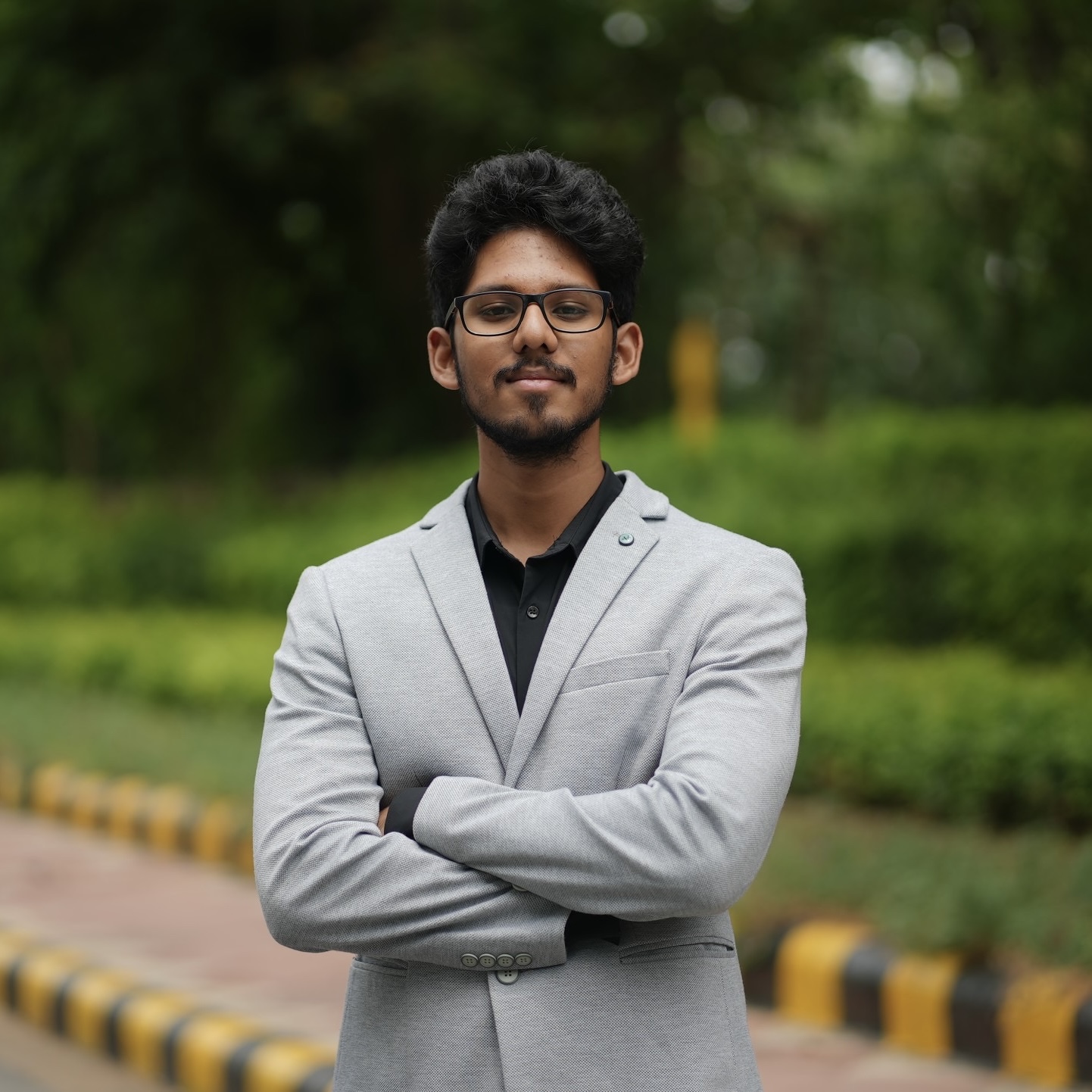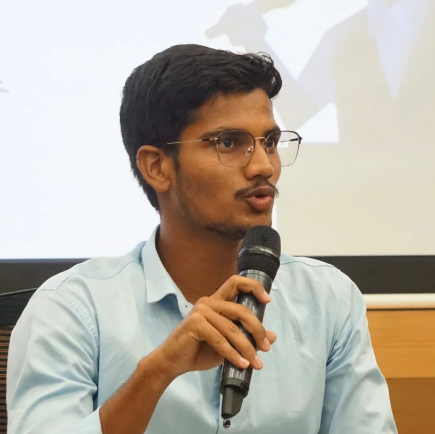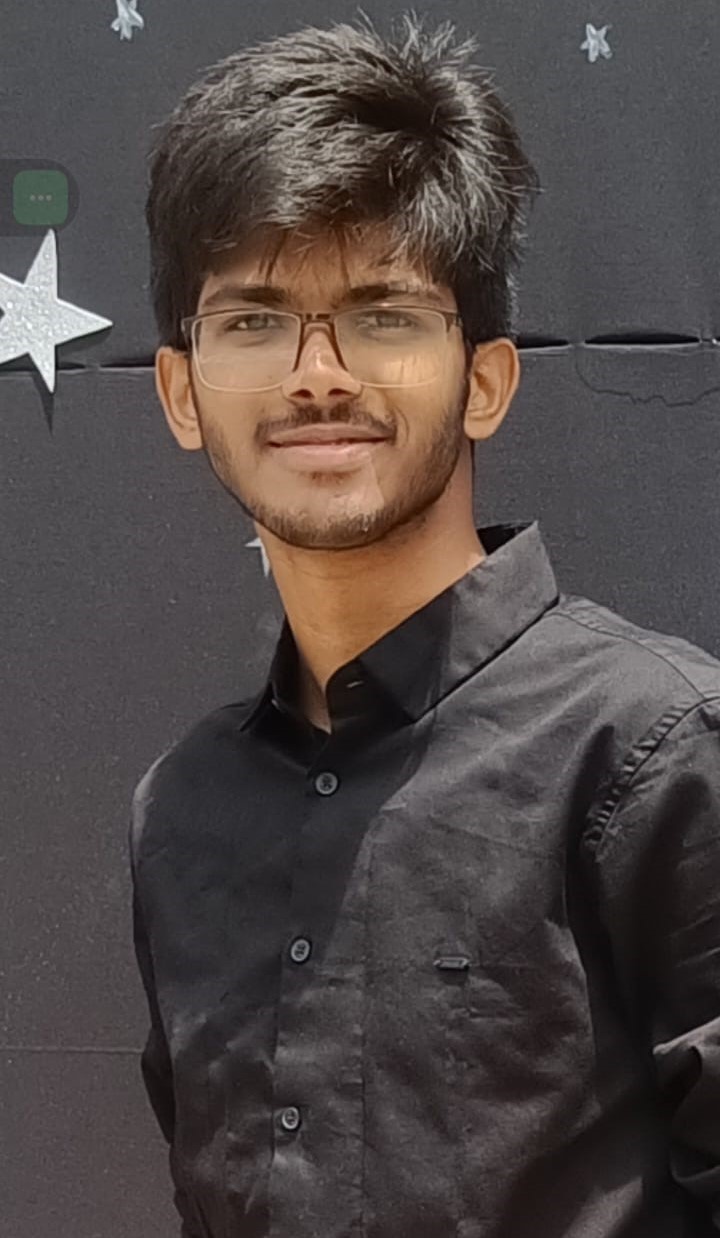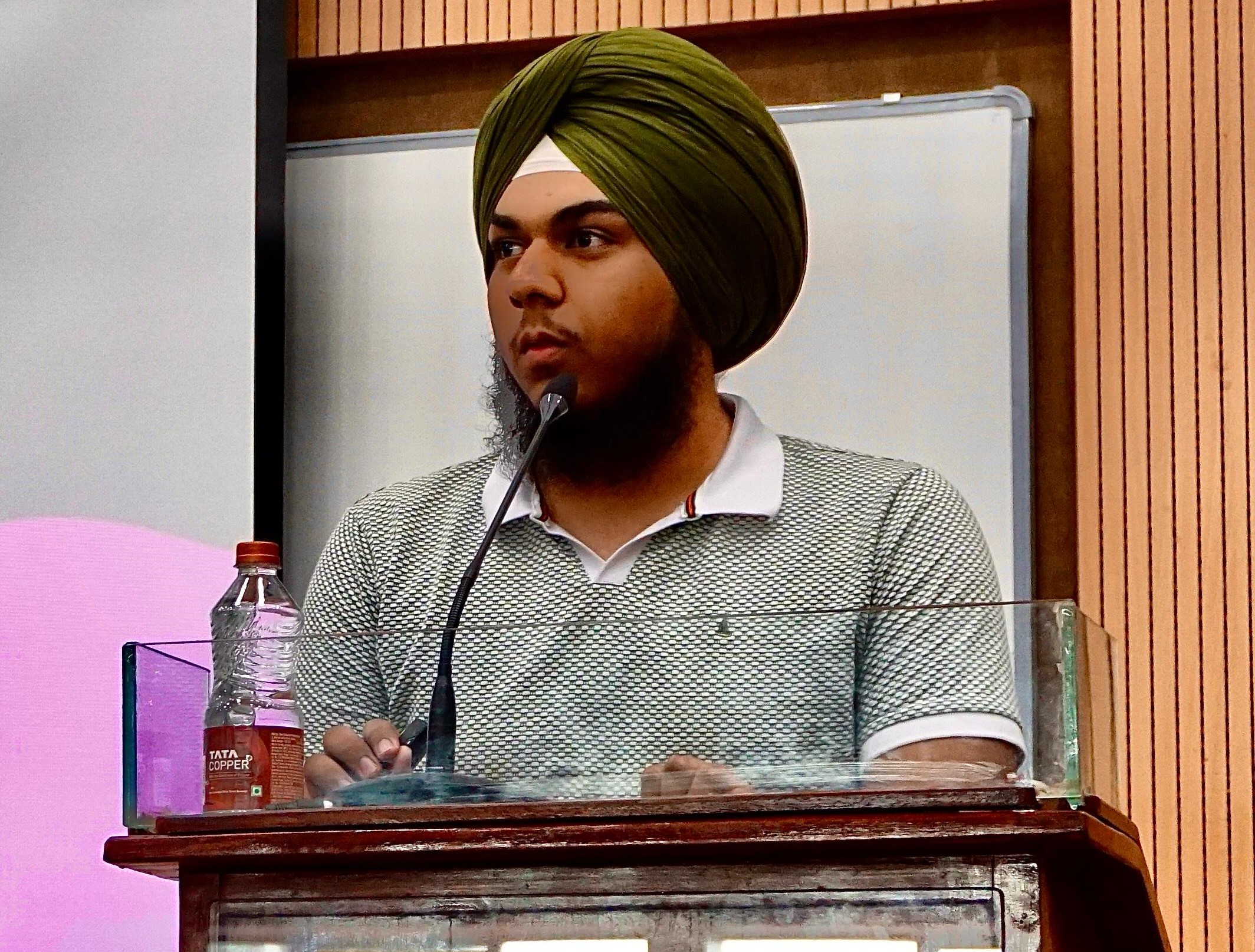
Under the series "Secretary Spotlight", this post covers the accomplishments, challenges faced, steps taken and the overall efforts made by the General Secretary of Technical Affairs. This interview raises crucial questions on conduction of workshops, expectations from PARSEC and technical skills for employment.
1. You have mentioned empowering students with practical skills, can you elaborate the type of immersive workshops that you plan to implement or that have been implemented?
So, again I won’t take any credit for any of this. I have made sure and I have made it clear to all the secretaries that these are the initiatives the alumni should take and they themselves have done it. The robotics club, the AI club have all done workshops themselves. The coding club has been a major club to evolve the events with Qualcom and all their industry lectures. InGene has been a very quiet club because of their expenses. It’s a very practical domain to be fair and I am fine with it as long as they do some progress in their project.
2. You aim to transform PARSEC into a techno-culture event and you have mentioned that in your manifesto as well. How do you plan to integrate the techno and cultural elements to make it appeal to a broad range of interest?
So that was an initiative taken by me and Gurveer, but the underlying issue were the funds for PARSEC. We believe that ‘three lakhs’ is a very low budget for any Techfest compared to other IITs or private colleges. So, we felt that combining the two can give as access to more funds and get in more crowd in terms of footwork. But since we are successful in getting more funds individually for both the events, we are not going to continue with that and instead we are going to have two annual fests- cultural and technical. There will not be a techno-cultural fest. So, we believe that cultural can actually take off more than technical as we have seen with other IITs. And integrating the cultural in the technical fest is something other IITs and I have been thinking about and in the recent PAN IIT meet we did discuss about how it is going to affect the technical side of things but again it’s a fun aspect of things rather than just being very technical.
3. What are thoughts on the coming PARSEC?
So as far as I know I am not the leading authority in this. I leave it completely to the team but as far as I know they have secured a large amount of funds, almost three times the funds from last year and I believe that they will do a good job in hosting this year’s event.
4. What are the most important technical skills that you believe employers are looking for? And how will the workshops and challenges developed with the CDC help students gain these skills?
So that is another thing that CDC has been very clear about. They do not want to side with the student council at all in terms of academics, cultural, technical, sports or anything. They think that they are the sole body, which is fine by me. And they want to continue that in the long term. But in terms of technical skills what we have seen is that usually employers look for people who are actually more in projects. So, they believe if you have done a good project, a major project or maybe certain minor projects, you are more employable than others who have just done theory. Because employers seek from theory to practical life, not just theory.
5. How do you plan to enhance sponsorship opportunities for student clubs?
The AI Club has been actively partnering with external AI labs to foster collaboration and funding opportunities. The Robotics Club is still in its early stages but has plans to initiate sponsorship efforts soon. Ingene has already secured sponsorship from ANSYS, which has been instrumental in supporting its initiatives. This is the progress so far, but there’s still significant potential to expand partnerships and sponsorships across all clubs.
6. How do you see proposed faculty in-charge enhancing the research and innovation output of student clubs?
Currently, the main issue is that the Dean and Associate Dean have not formalized the role of faculty in-charge as a permanent position. This is the key challenge I aim to address. At present, they are unofficial and lack institutional recognition—for instance, Ingene with Punnag Sir, Robotics club with Ameer Sir, and Coding Club with Rajshekhar Sir and sds club with Shashank Sir. Despite being unofficial, these faculty advisors have been instrumental in supporting clubs, including facilitating participation in inter-IIT events. By formalizing their roles, we can ensure consistent mentorship, structured guidance, and greater innovation output from student clubs.
7. Could you share with us something that you have worked upon which was not mentioned in your manifesto?
One of our first major challenges was securing funds due to an unstructured process. We streamlined funding requests, reducing ₹25,000 approvals from ten pages of paperwork to a single-page document for faculty submission. We also moved away from a reimbursement-based system—after contributing ₹5,000 to Gymkhana, students no longer need to pay upfront. Additionally, we introduced a structured SOP for financial transactions, ensuring clarity and reducing approval time to 2-3 weeks. These reforms have made the funding process more efficient, and I’m happy that we were able to implement them successfully.
8. Have you been working on club equipments like you mentioned in your manifesto?
Gurvir and I pushed for club equipment to solely emphasize on club projects. Although there was a delay the clubs are actually getting their equipment like the 3D printer for the robotics club. So heavy investment is going on there and we did successfully get stuff. As for space allocations, CLT rooms and hostel ground floor room next to the security are 2 places we have secured for now for easier access.
9. What are your thoughts on inter IIT performance and what would be the future now that we secured a medal being a 3rd generation IIT?
Thinking outside the box how much ever simple it may seem brought us that medal and not just copying published research. Making sure that happens can bring us more medals. We would’ve secured another by the FedEx team as they had the best algorithm, but due to certain issues we couldn’t get it. Nonetheless everyone worked hard and their efforts will be appreciated by everyone
10. What was the major challenge that you faced as GSTA and how did you overcome it?
Off the record, the major part was signing approvals, I had to skip classes and take proxies and kind of get the updates, but that’s part of the job that I took. On the record, the major part was convincing profs to actually pass the budget and grant permissions, the approval time was a big issue for us.
11. What message or advice would you like to convey to the incoming generation to help them effectively inspire the student community?
As Tech Secretary, my goal was to make events fun, but many didn’t happen due to unresolved issues. I realized my role was to fix these problems so future Tech Secretaries could focus on organizing great events rather than backend challenges. Tech events are crucial since they not only foster innovation but also attract companies to campus. These events provide a platform to showcase technical skills and projects. If scaled to gain national recognition, they can draw industry attention, ultimately helping students secure better opportunities. Future Tech Secretaries should prioritize this vision to maximize impact.
12. Do you want to share any points?
Apart from the core responsibilities of my role, there are several initiatives I have taken that, while not directly related to my initial goals, have had a significant impact due to my position as President. One key change was increasing the travel and daily food allowance for students attending conferences from ₹150 to ₹450-500, ensuring that students have adequate financial support for travel and meals. Additionally, we worked on improving the accommodation reimbursement system. Our institute charges ₹1,500 for on-campus stays but only reimburses ₹600 for external accommodations. While the rationale behind this policy is understood, we are working towards a more balanced approach to better support students participating in competitions. Though these initiatives are not directly tied to my manifesto, they play a crucial role in benefiting Tech Secretaries, General Secretaries, and all students representing our institute at external events.
The views presented above are the blogger’s own and are not in any manner representative of the views of Drishti or IIT Dharwad in general.




 Never miss a story from us, follow us on our handles!
Never miss a story from us, follow us on our handles!
Comments